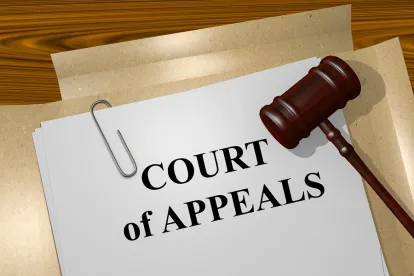The US Court of Appeals for the Ninth Circuit clarified the requirements of § 1202 of the Digital Millennium Copyright Act, particularly with respect to copyright management information (CMI), holding that this section was specifically drafted to limit liability to actors who “know or have reason to know that [their] acts ‘will induce, enable, facilitate or conceal’” infringement. Stevens v. CoreLogic, Inc., Case No.16-56089 (9th Cir., June 20, 2018) (Berzon, J).
Copyright law restricts the removal or alteration of CMI, which includes information such as the title, author, copyright owner, terms and conditions for use of the work, and other identifying information set forth in a copyright notice or conveyed in connection with the work. 17 USC § 1202(b)-(c).
This case involves Exchangeable Image File Format (EXIF) and IPTC metadata, both of which can contain CMI under the copyright statute. Most digital cameras use EXIF metadata to store information about when the photograph was taken and under what technical conditions (e.g., shutter speed, aperture). IPTC metadata is added manually, either by programming the camera or by adding the information after taking the picture using photo editing software, and can include the title of the image, a caption or description, keywords, information about the photographer and copyright restrictions. Fields such as Author/Creator, Copyright and Caption/Description can exist in both EXIF and IPTC formats.
The plaintiffs are two professional real estate photographers who take photographs of listed properties and license these photographs to real estate agents, who in turn upload the photographs to Multiple Listing Services (MLS), a computerized database of listed properties. The plaintiffs sued CoreLogic, a company that develops and provides software to MLS, alleging that CoreLogic removed CMI from their photographs and distributed the altered photographs in violation of § 1202(b)(1)-(3). Because of the size of image files, CoreLogic’s MLS software resizes images to reduce storage size and to improve upload speed on webpages, using software that is unable to read or write EXIF data. Thus, this process results in the loss of metadata attached to images. The suit does not relate to visible CMI, such as digital watermarks, which CoreLogic’s software does not remove from the photographs. Rather, the case is limited to removal of metadata. Following a grant of summary judgment by the district court, plaintiffs appealed.
On appeal, the Ninth Circuit focused its analysis on the knowledge requirement of § 1202, which provides: “No person shall, without the authority of the copyright owner or the law . . . intentionally remove or alter any copyright information . . . knowing, or . . . having reasonable grounds to know, that it will induce, enable, facilitate, or conceal an infringement of any” copyright. § 1202(b)(1) (emphasis added). Similarly, § 1202(b)(3) provides: “No person shall, without the authority of the copyright owner or the law . . . distribute, import for distribution, or publicly perform works, copies of works, or phonorecords, knowing that copyright management information has been removed or altered without authority of the copyright owner or the law, knowing, or . . . having reasonable grounds to know, that it will induce, enable, facilitate, or conceal an infringement of any” copyright (emphasis added).
The legislative history of § 1202 demonstrates that the provision was drafted to specifically limit liability to actors who “know or have reason to know that [their] acts ‘will induce, enable, facilitate or conceal” infringement. Thus, the Ninth Circuit found that a plaintiff bringing a claim under this section must make an affirmative showing, such as by demonstrating a past “pattern of conduct” or “modus operandi,” that the defendant was aware of the probable future impact of its actions.
The Court found that plaintiffs failed to offer any evidence to satisfy the mental state requirement in § 1202. Instead, the photographers merely alleged that, because one method of identifying an infringing photograph had been impaired, someone might be able to use their photographs undetected. Lacking any specific evidence that removal of CMI metadata from the real estate photographs would impair the plaintiffs’ policing of infringement, thus making future infringement likely to occur as a result of the removal or alternation of the CMI, the Ninth Circuit affirmed the grant of summary judgment.



 />i
/>i
